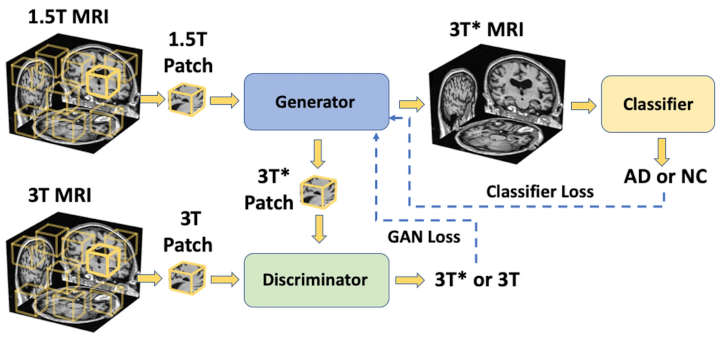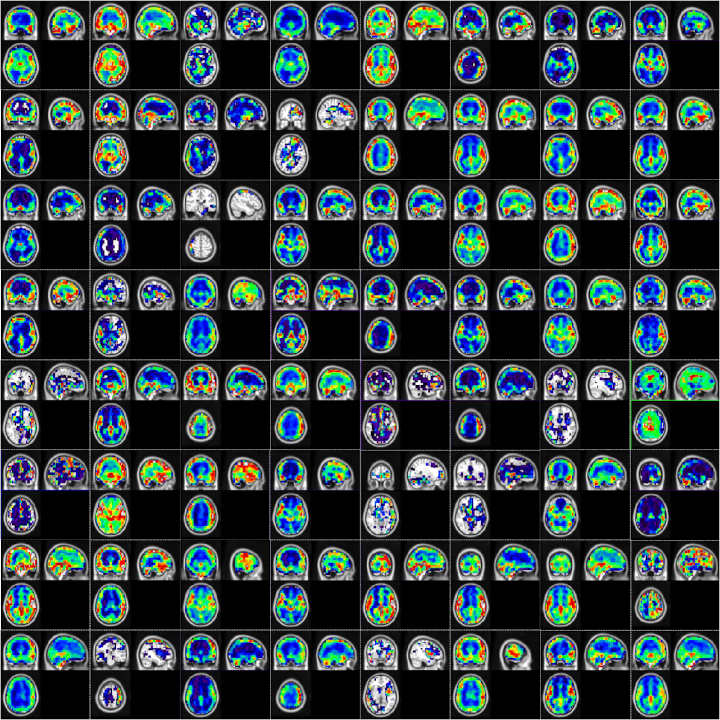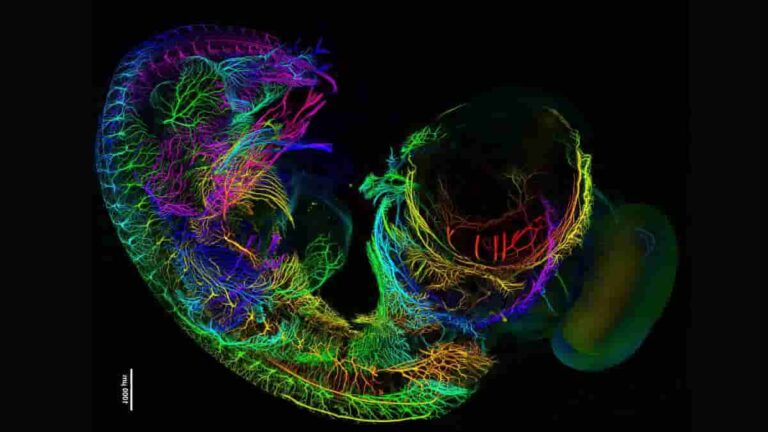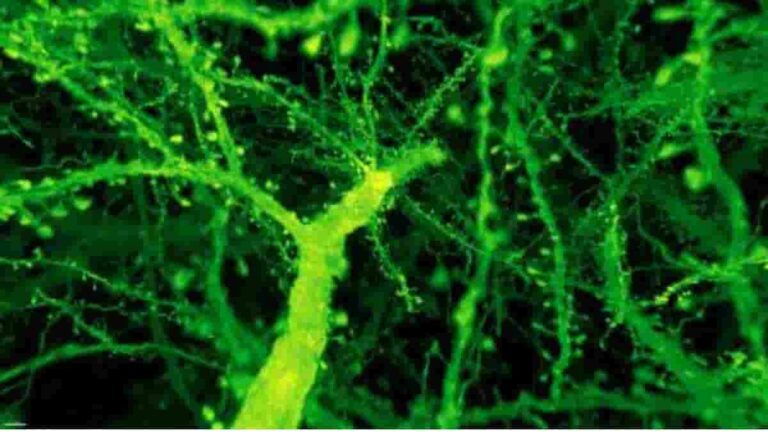Using a generative adversarial network, an advanced artificial intelligence framework based on game theory, researchers at Boston University School of Medicine processed brain images to generate a model that was able to classify Alzheimer’s disease with improved accuracy. Improving the diagnostic accuracy of Alzheimer’s disease is an important clinical goal. If we are able to…
Tag: brain imaging
3D Convolutional Neural Network Uses fMRI Data For Alzheimer’s Diagnosis
Machine-learning has been employed to classify fMRI data by scientists from Texas Tech University. In a recent study1, they developed a type of deep-learning algorithm known as a convolutional neural network (CNN) that can differentiate among the fMRI signals of healthy people, people with mild cognitive impairment, and people with Alzheimer’s disease (AD). Functional magnetic…
Brain Imaging Can Predict Alzheimer’s-related Memory Loss
Tau protein has been imaged in the brains of living patients with Alzheimer’s disease by Karolinska Institutet researchers. The amount and spread of tau proved a predictor of future memory loss. Brain imaging for measuring tau can be useful both for improving diagnosis and for developing more effective treatments, say the researchers. “Modern brain imaging…
mesoSPIMs – New Microscopes Untangle the Enigmas Of Brain Organization
Advanced new microscopes, called mesoSPIMs, are able to image the meticulous detail of brain tissue, down to individual neurons five times thinner than a human hair, and can uncover the 3D anatomy of entire small organs quicker than ever before. MesoSPIMs enable new insights into brain and spinal cord organization for researchers working to restore…
ExLLSM: Rapid Nanoscale Brain-Wide Optical Imaging
A new method offers high resolution with the ability to rapidly visualize any desired protein. But University of California, Berkeley investigator Eric Betzig didn’t expect the experiment to work. Two scientists, Ruixuan Gao and Shoh Asano, wanted to use his team’s microscope on brain samples expanded to four times their usual size – blown up…
Magnetoencephalography New Tool for Diagnosing Alzheimers
Researchers at the University of Minnesota have announced a new noninvasive, painless method of diagnosing brain diseases. This is something we will be hearing a lot of in the future, because it represents new possibilities for less-stressful, pain free diagnosis for complex brain diseases such as Alzheimers, as well as a way to measure the…



